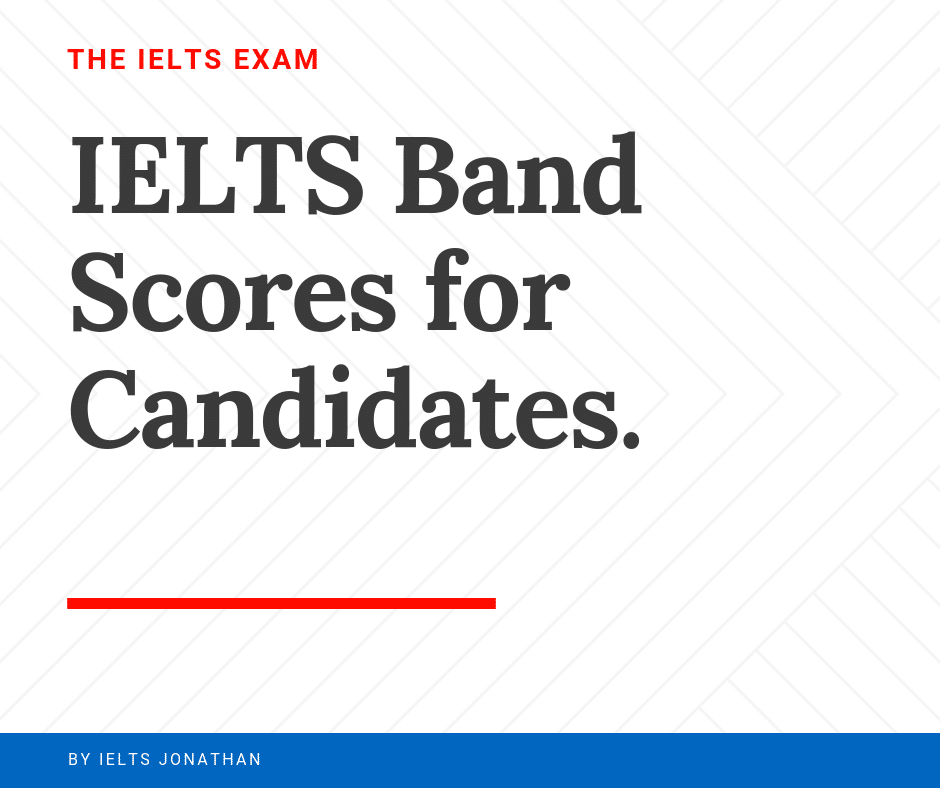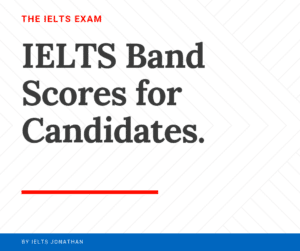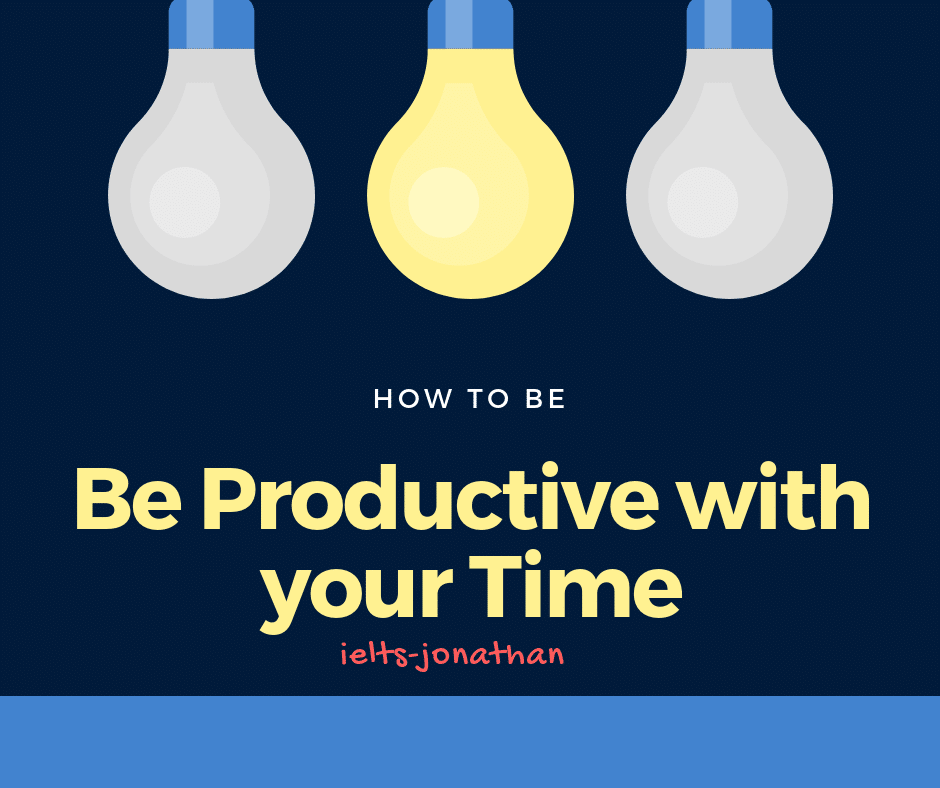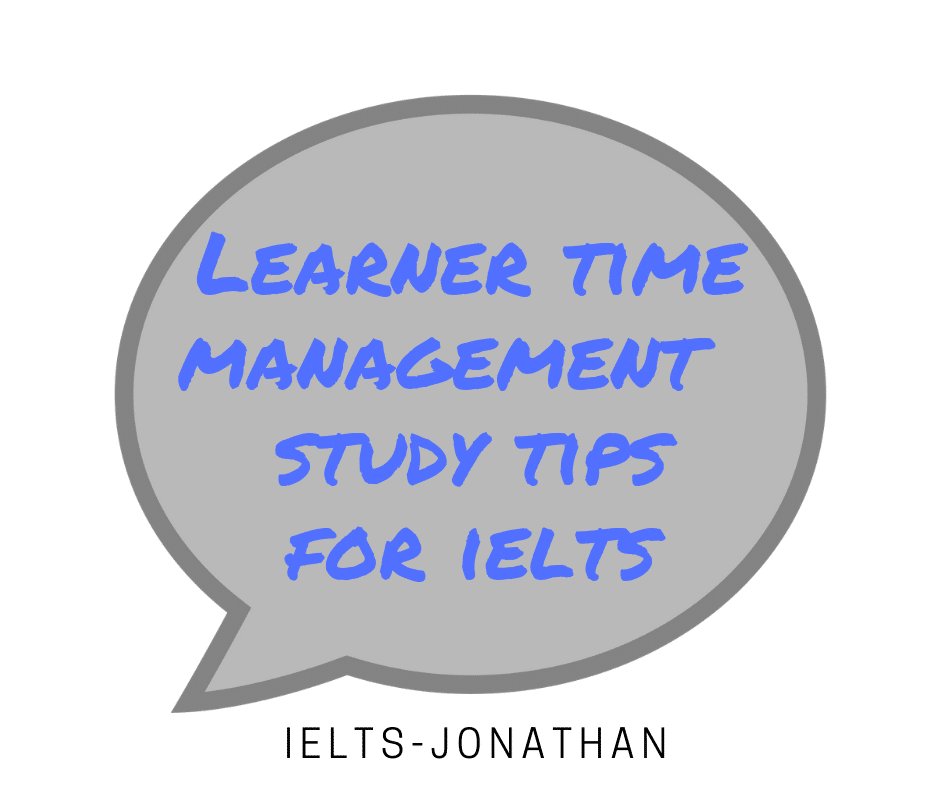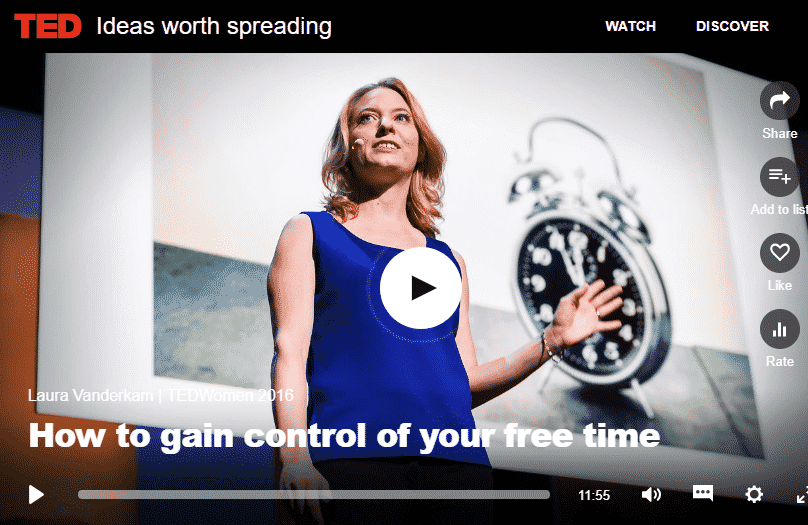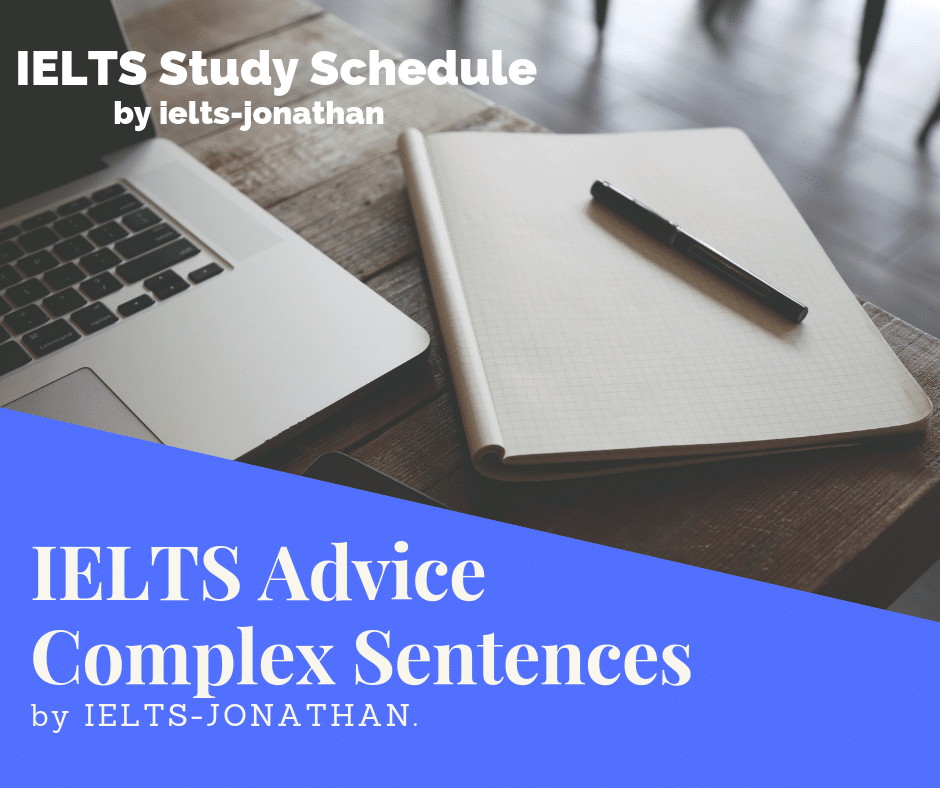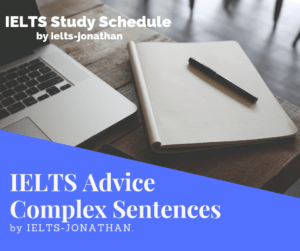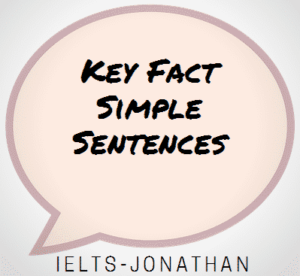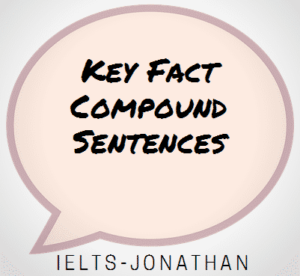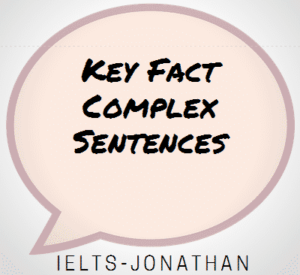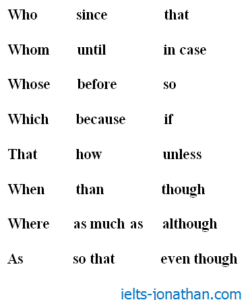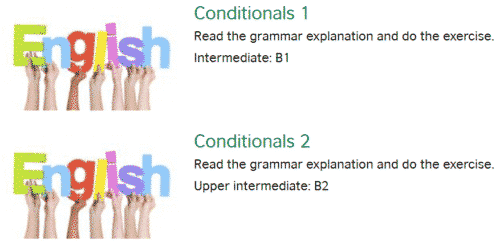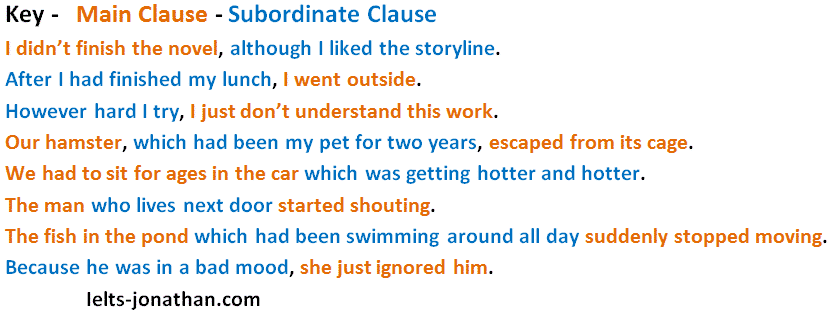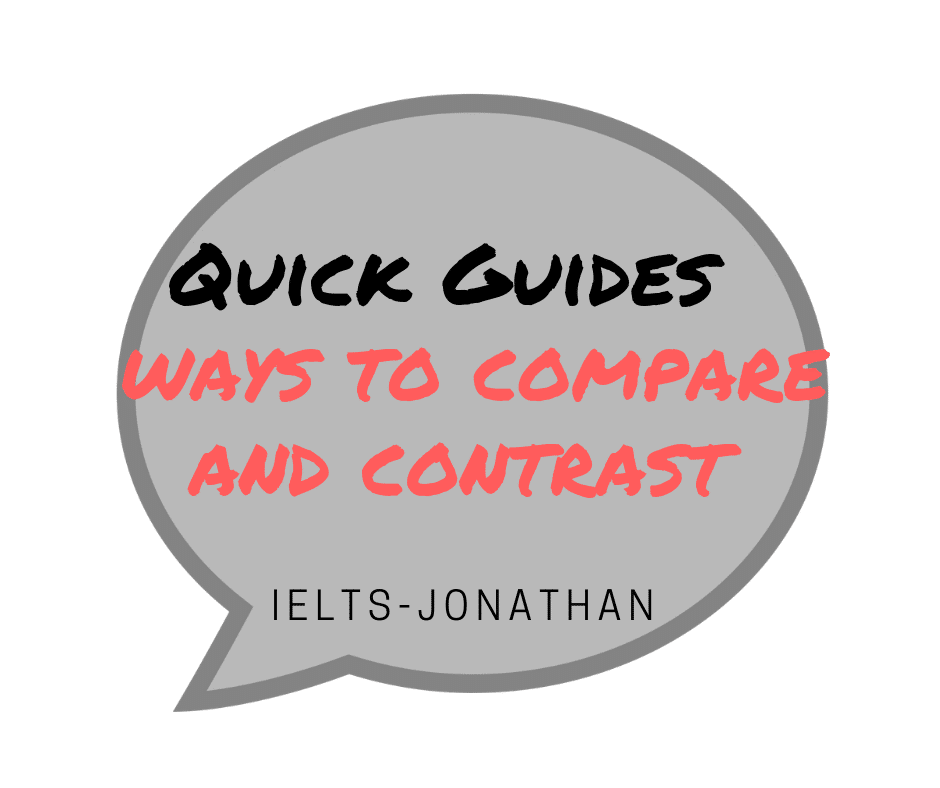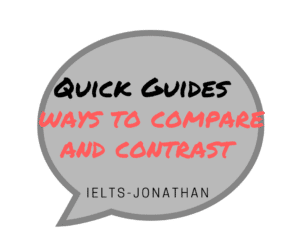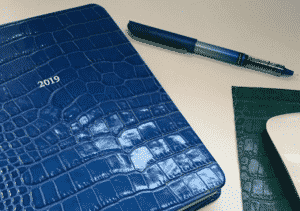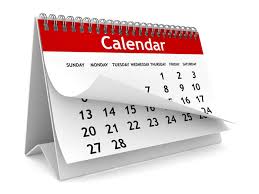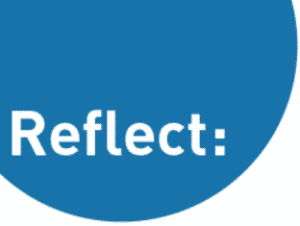What Does IELTS 6.5 mean if you’re a Native Speaker.
IELTS 6.5 is reckoned to be about the level of a GCSE grade C pass at 16 years old, or a little higher.*
What will also surprise you is that not all native English speakers in the UK achieve that in the IELTS test.
High Scores in IELTS
8.5 or 9.0 is about the level of a well-educated native speaker with a wide vocabulary, varied sentence structure, advanced reading skills and the ability to structure a complex essay for academic purposes. Probably less than 5% of the population are at this level
I would be surprised and embarrassed if I couldn’t achieve an overall 9, (but mostly very surprised), and a great many people would not score 8.0 or higher.
What does that mean to a Non-Native Speaker?
So if you, as a speaker of English as a second or foreign language, are having trouble getting a 7.0 or higher, please be realistic about it: quite a lot of English people wouldn’t be able to either.
I hope that you found this information useful.
You can use tips and information on this website to help make it easier to obtain a higher score but remember you still need to work at learning the language to be successful.
Please share to someone you know and in the meantime take a look at my Facebook Page and Website for IELTS answers and you can also join my Facebook Group here too.
Good Luck
Jonathan
*IELTS Research Reports: Online Series ISSN 2201-2982
I’m Jonathan
I’ve taught IELTS and University English in more than a dozen universities and schools around the world.
I’m a parent, traveller and passionate about language teaching and helping students achieve their dreams.
Whilst living in Austria or working in Asia, I run IELTS courses to help students get to where they want to be.
If you are serious about IELTS, connect with me to see how I can help you.

The Best Approach to Task 2 Writing
Paragraphing in Task 2 Writing
Writing – Benefits of a Foreign University Education
